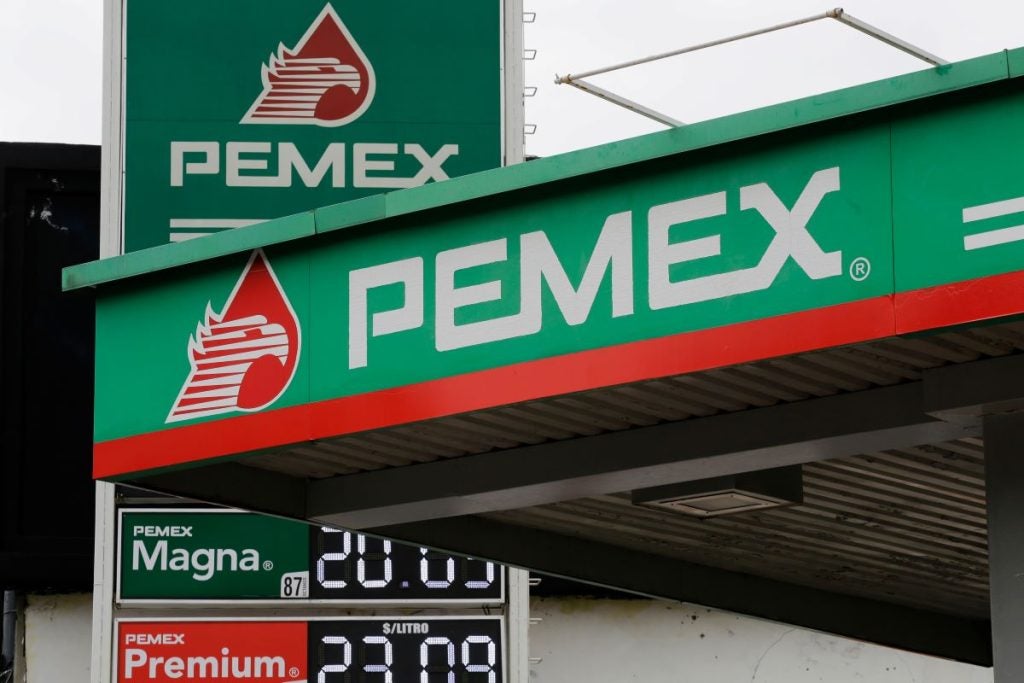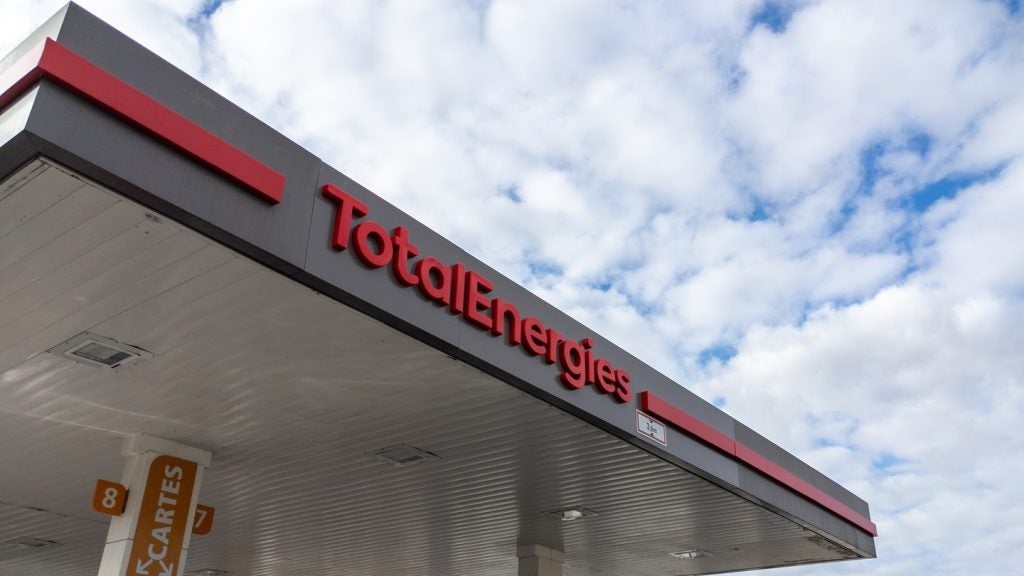Since the Jubilee field started production in 2010, Ghana’s upstream regulatory framework has undergone significant changes, with the introduction of a new Petroleum Act in 2016. As part of these developments, the government has introduced a new licensing round process and has implemented a new model contract.
The new fiscal and regulatory framework will face its first major test of its ability to attract investment in the upcoming licensing round, announced on 15 October 2018. The blocks available in the open, competitive tender are located in relatively lower risk areas, with previous wells having proven the presence of hydrocarbons in each.
Local difficulties challenge attractiveness
The previously disputed maritime boundary with the Cote d’Ivoire has now been resolved in favour of Ghana, although there are reports that a new offshore boundary dispute with Togo may be surfacing. In December 2018, Togo prohibited two vessels (licensed by Ghana) from undertaking seismic operations in the offshore Eastern basin. The acreage available in Ghana’s first licensing round is not located in the disputed area, although any ongoing territorial issues with Togo could potentially hinder future exploration operations/licensing opportunities, and reduce stability in the east. Currently, there are two active licenses in the contested area.
Steady progress has been made in Ghana’s petroleum sector; however the limited availability of local partners may impede the award of future licenses. Local content regulations published in 2013 stipulate that a maximum of 5% equity must be allocated to a Ghanaian company besides GNPC in all petroleum agreements. In January 2018, ExxonMobil announced that it had acquired exploration and production rights for the Deepwater Cape Three Points block (located outboard of the previous discoveries). However, a local partner was not identified until November 2018, when the company signed a joint operating agreement with Ghana Oil Company (GOIL). GOIL OFFSHORE LIMITED was newly incorporated to complete upstream activities on behalf of the GOIL group.
The time taken to secure a partner and the incorporation of a new company potentially indicates that the availability of domestic companies is relatively limited, which may possibly delay the start of new investment secured during the first licensing round.
Ghana regime flow chart

How well do you really know your competitors?
Access the most comprehensive Company Profiles on the market, powered by GlobalData. Save hours of research. Gain competitive edge.

Thank you!
Your download email will arrive shortly
Not ready to buy yet? Download a free sample
We are confident about the unique quality of our Company Profiles. However, we want you to make the most beneficial decision for your business, so we offer a free sample that you can download by submitting the below form
By GlobalData| Source: GlobalData Oil and Gas © GlobalData |










Related Company Profiles
Exxon Mobil Corp
Ghana Oil Co Ltd